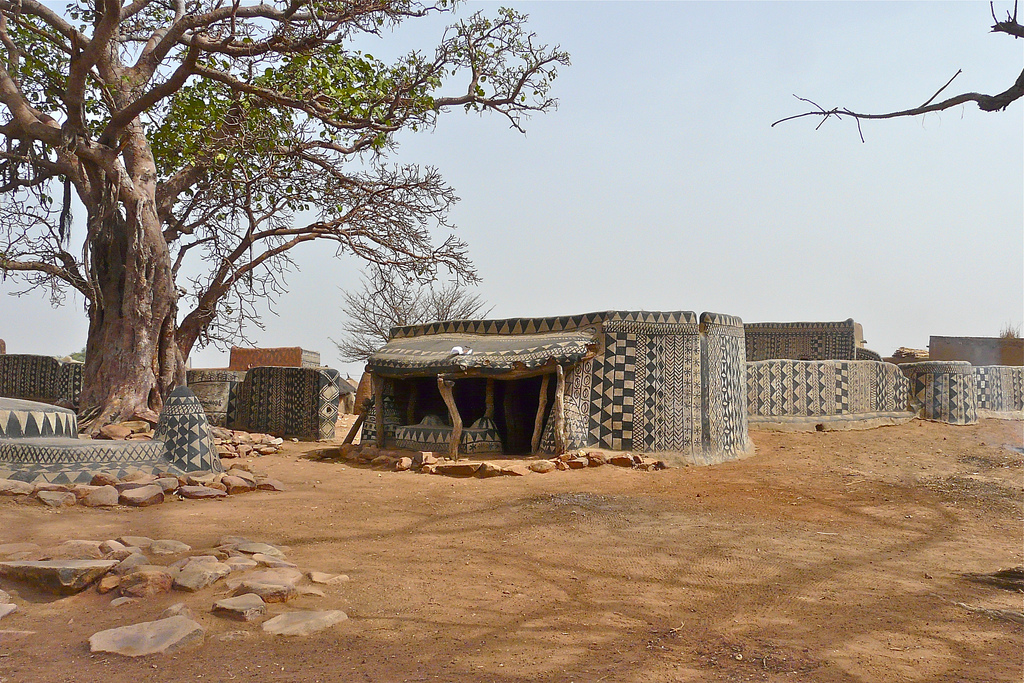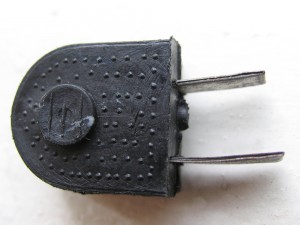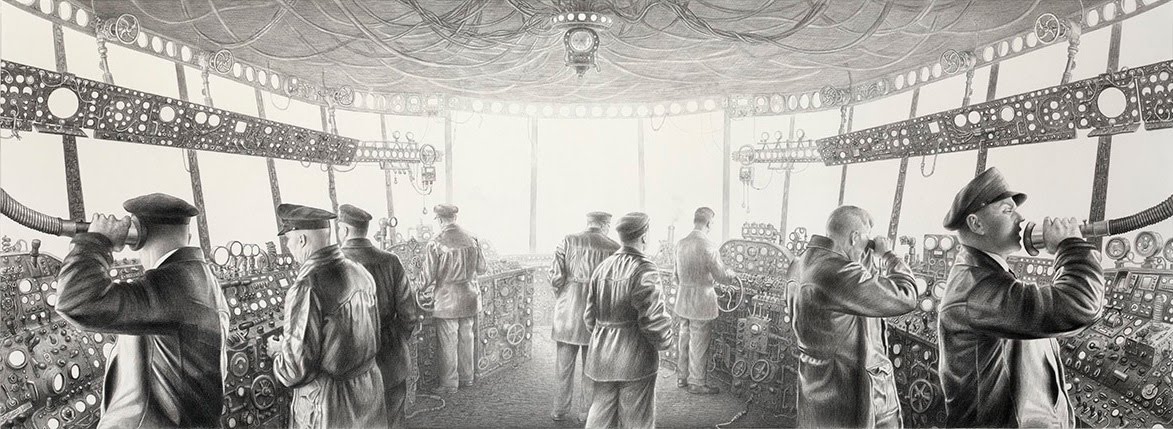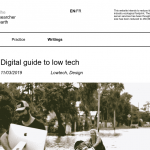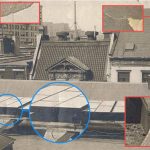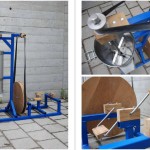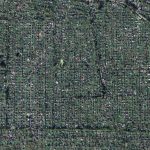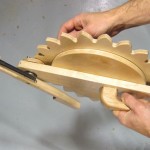The Archanes Project, a natural building collective from Greece, shows two interesting designs for foot-powered machines: a sieve and a bandsaw.
“When George Chiletzakis told us that he wants to make a bandsaw, that will operate without electric power, at the beginning we all laughed. It seemed that this gave him bigger strength and inspiration to show us that he who laughs last, laughs best.”
